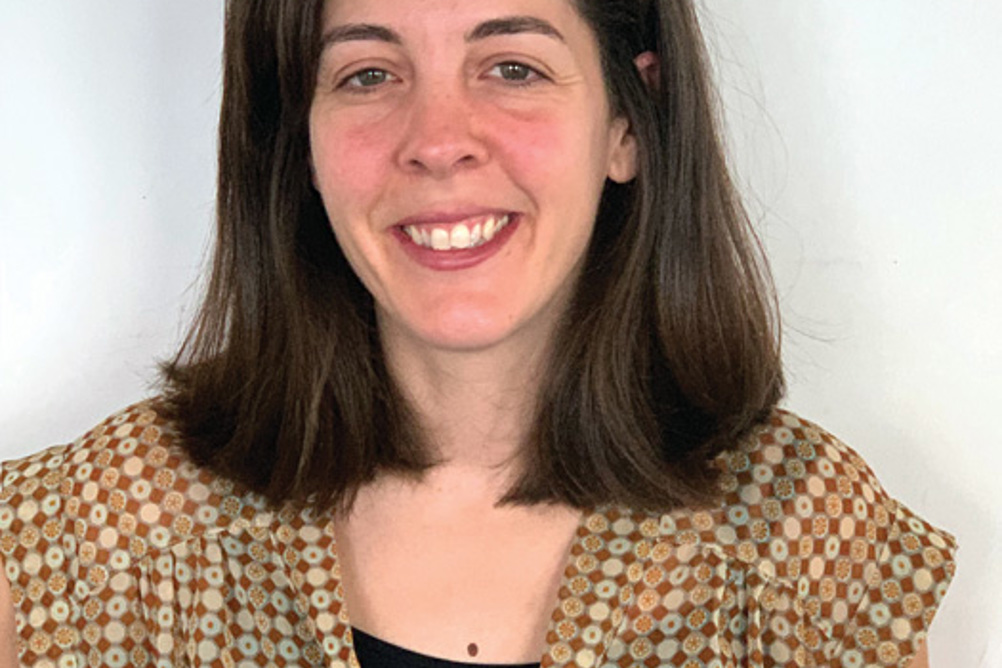
Nelson Mandela once said: "If you talk to a man in a language he understands, that goes to his head. If you talk to him in his language, that goes to his heart."
When we make the effort to speak someone else's language, we are not just making a communicative effort, we are making a caring effort. We are saying: "It is important that you and I are able to understand each other. I am putting myself out of my comfort zone because I believe in building a relationship with you."
When we take an attentive approach towards language in the care system, we are saying to children and young people that we care about them - not because of our corporate parent duties, but because we recognise them as individuals who deserve compassion and respect and want to build positive relationships with them.
Register Now to Continue Reading
Thank you for visiting Children & Young People Now and making use of our archive of more than 60,000 expert features, topics hubs, case studies and policy updates. Why not register today and enjoy the following great benefits:
What's Included
-
Free access to 4 subscriber-only articles per month
-
Email newsletter providing advice and guidance across the sector
Already have an account? Sign in here

